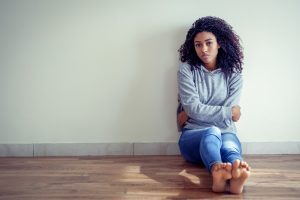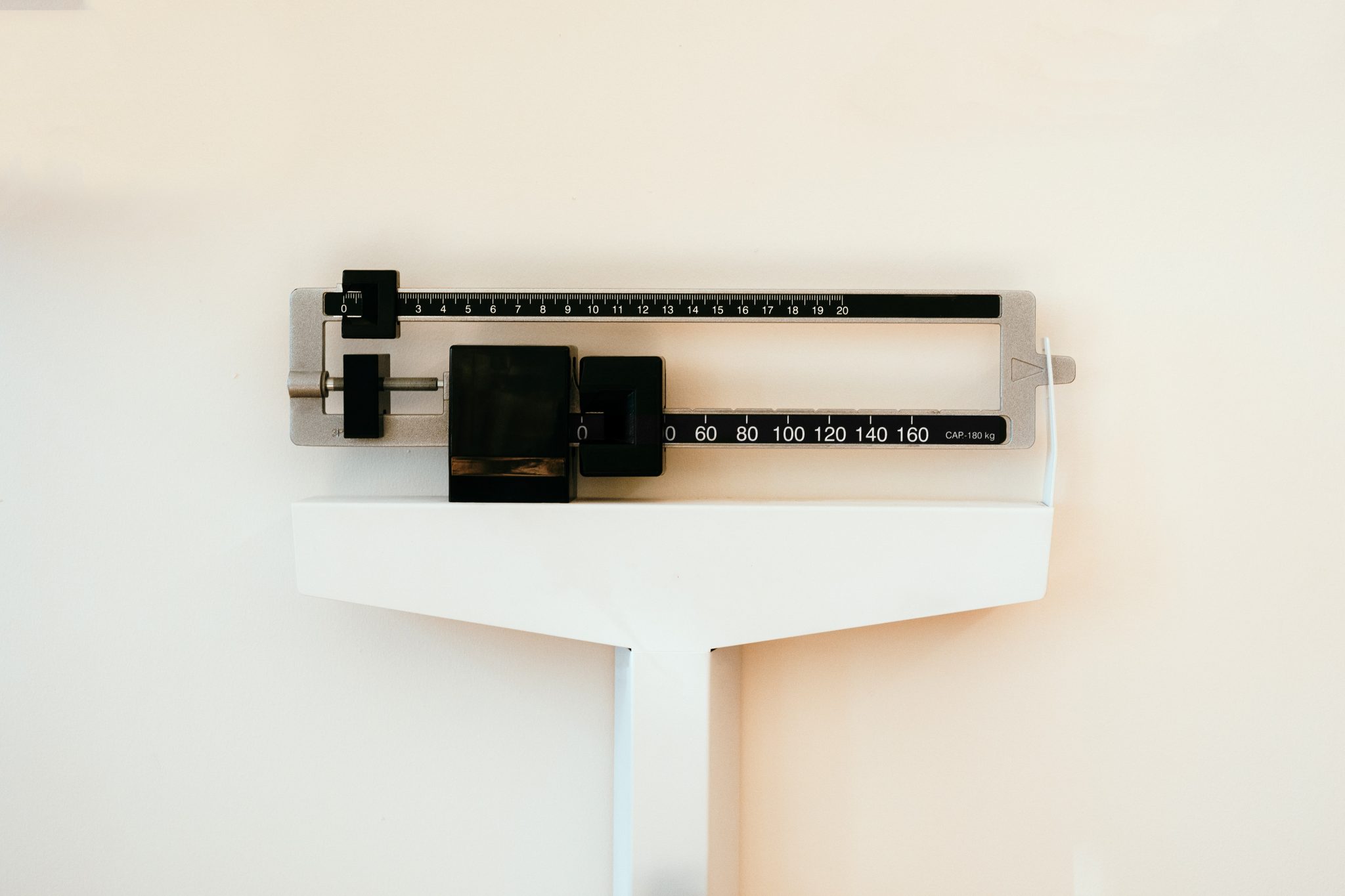Disordered eating, including conditions such as anorexia, bulimia, and binge eating disorder, is a serious mental health concern that can have serious consequences for both our physical and emotional well-being. These conditions are characterised by a problematic relationship with food and eating, and often involve distorted body image, obsession with food and weight, and unhealthy behaviour’s such as restricting food intake or purging after eating.
It’s important to recognize that disordered eating is more than just a problem with food. It is often linked to deeper emotional issues such as low self-esteem, negative body image, and a need to numb unpleasant emotions through food. A variety of factors, including genetics, personality traits, and cultural pressures, can contribute to the development of an eating disorder.
There’s more at play than just food when it comes to eating disorders. While they may begin as a fixation with food, appearance, and body image, eating disorders can escalate to major health concerns and even death if left untreated.
The following are the most prevalent kinds of disordered eating:
- Anorexia nervosa
- Bulimia nervosa
- Binge eating
Additional common forms of disordered eating include:
- Compulsive exercise: obsessive workouts to lose weight and punish yourself for eating
- Pica: consumption of inedible objects
- Avoidant Restrictive Food Intake Disorder: food intake limits without concerns for one’s physical appearance
- Rumination Syndrome: throwing up food that hasn’t been digested, chewing it up again, and then either swallowing or spitting it out.
What is on this page
Anorexia Nervosa
People who suffer from anorexia typically have a skewed body image, believing they are overweight while dangerously underweight. This causes them to severely restrict their calories, obsessively monitor their weight, or avoid certain foods.
Anorexia often affects teens and young adults, and it has the highest mortality rate of any mental illness among adolescents.
Bulimia Nervosa
Bulimia nervosa patients consume a large amount of food in a short period of time (binge eating) and then force themselves to vomit.
If you have bulimia, you might not be able to stop eating during a binge eating episode until you are so full that it hurts. Forced vomiting makes up for the calories that were consumed. But at the same time, you might feel ashamed, disgusted, and bad about yourself afterwards.

Binge Eating
Binge eating involves uncontrollably devouring large amounts of food over a short period of time. But unlike bulimia, when someone binges, they don’t force themselves to throw up to make up for it.
Signs of Concern: When Should You Seek Help?
Eating problems can be treated effectively. The sooner you address an eating issue, the higher your recovery prospects.
Even though the signs of each eating disorder are different, and you may not have all of them at the same time, the following signs could be warning signs:
Anorexia
- Obsession with body image
- Overexercising
- Food restraints
- Sudden weight loss
- Refusal to eat certain foods
- Skipping meals
- Irregular or absent periods
- Hair loss
- Lanugo (hair on the arms that the body grows to keep itself warm and insulated)
- Wearing baggy clothes
- Anxiety
- Depression
- Becoming withdrawn and detached
Bulimia
- Self-induced vomiting
- Puffy or “chipmunk” cheeks (caused by enlargement of the salivary glands)
- Episodes of binge eating
- Overexercising
- Irregular or absent periods
- Intense fear of being “fat”
- Repeatedly weigh yourself
- Weight gain
- Irritability
- Depression
- Alcohol and drug abuse
Associated Mental Health Issues
Eating disorders are considered one of the deadliest mental health disorders. Research shows that eating disorders frequently co-occur with other mental health disorders like:
- Anxiety and depression (binging and purging, for example, can be attempts to control anxiety and depression)
- Post-traumatic stress disorder (abnormal eating patterns are common symptoms of this disorder)
- Obsessive-compulsive disorder
- Autism spectrum disorder: According to research, about 70% of autistic children have a bad relationship with food and eating.
- Social anxiety (people with ED often have troubled relationships or experience significant anxiety in social situations).
Emotional Triggers and ED
Everyone turns to food for comfort sometimes. However, using food to feel better emotionally doesn’t involve physical hunger. Instead, you reach for food in response to negative emotions such as anger, sadness, loneliness, or fear. You might get rid of these unpleasant, strong feelings by overeating.
However, out-of-control eating doesn’t solve emotional issues. On the contrary, it makes them only worse because it adds feelings of guilt and shame for excessive eating to your already-existing problems.
What Does Not Work?
There are many misconceptions about eating disorders, such as the idea that they are a choice and that you can break free from them. However, eating disorders are serious illnesses, and attempting to figure out what you did to cause them doesn’t help.
Furthermore, you cannot just urge someone to snap out of it. Eating disorders are significant medical and psychological conditions requiring specialised care and psychoeducation. However, healing is possible.

Treating ED
The Importance of Psychoeducation:
Treatment for eating disorders is mainly determined by the type of condition and its symptoms.
Because eating disorders are often linked to other mental health illnesses such as anxiety, depression, or PTSD, psychotherapy is frequently used to address and treat these underlying conditions.
Nutrition education is also combined with therapeutic options since eating disorder awareness can lead to ED prevention, early diagnosis, and more effective treatment.
Qualified counsellors at Leone Centre can offer empathy and support, help you understand what caused your troubled relationship with food, and develop new, healthy ways to deal with stress.
Ask for Help
Making the decision to start counselling or therapy can feel like a big step and there is often some apprehension about the process and how it works. All of the Leone Centre counsellors and therapists are experienced, accredited and highly professional.
At the Leone Centre we can help you to choose a therapist, book your appointment and explain the process. Alternatively, if you are ready to get started, you can book directly.
If you do feel like you need some help and support, Leone Centre counsellors and therapists are available 7 days a week. Call us on 020 3930 1007.

